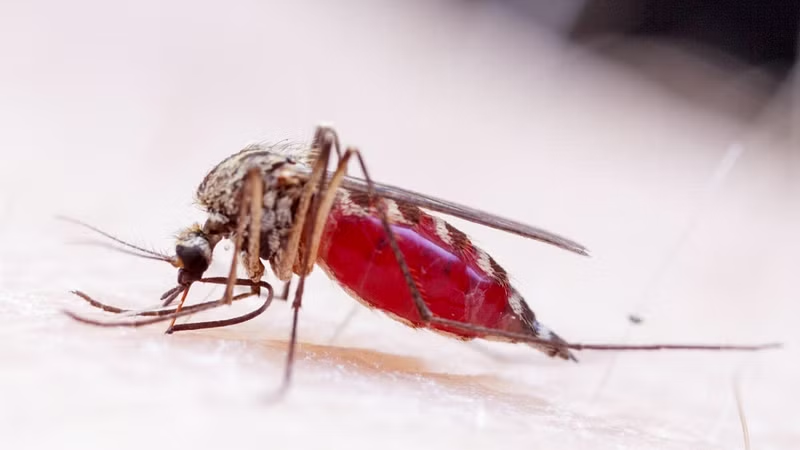Free Courses Sale ends Soon, Get It Now


Free Courses Sale ends Soon, Get It Now



Copyright infringement not intended
Picture Courtesy: https://www.deccanherald.com/science/dengue-outbreaks-could-be-predicted-by-observing-sea-surface-temperatures-of-indian-ocean-3017097
Context: A new study published in the journal Science has identified a possible connection between sea-surface temperature anomalies in the Indian Ocean and the severity of dengue epidemics worldwide.
Study Objective
|
Dengue fever is a mosquito-borne viral infection caused by the dengue virus, transmitted by Aedes mosquitoes. The disease is a significant public health concern globally, with approximately 100-400 million infections occurring each year and a prevalence in almost half of the world's population. |
Methodology
|
The Indian Ocean Basin-Wide (IOBW) Index is a measure of the average sea surface temperature (SST) across the tropical Indian Ocean. It's become a significant tool for predicting the likelihood and scale of dengue outbreaks in various countries. |
Key Findings
Significance of the Study
Limitations of the Study
Conclusion
Must Read Articles:
INDIAN OCEAN RIM ASSOCIATION (IORA)
Source:
|
PRACTICE QUESTION Q. What does the Indian Ocean basin-wide (IOBW) Index represent? A) Average wind speed in the Indian Ocean B) Variations in sea-surface temperatures across the tropical Indian Ocean C) Depth of the Indian Ocean D) Salinity levels in the Indian Ocean Answer: B |
© 2024 iasgyan. All right reserved